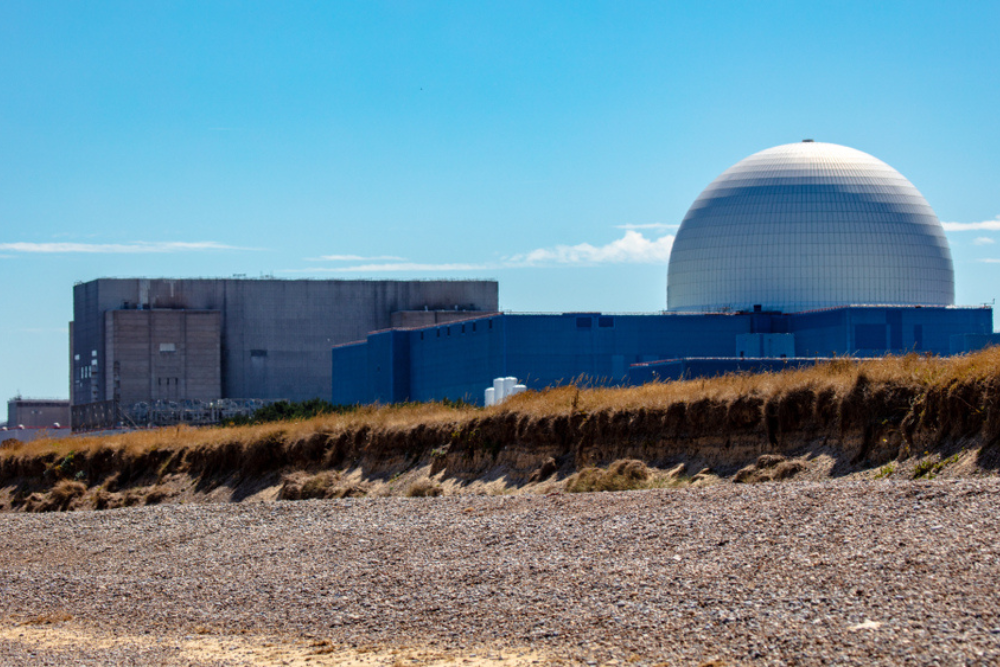

Most existing nuclear capacity is set to be retired by the end of the decade, with only the Sizewell B power station on the Suffolk coast scheduled to stay open – although this will briefly go offline for maintenance in 2029.
However, Britain Remade has claimed this risks pushing up the amount of unabated gas burned for energy by as much as 11TWh, which would breach the National Energy Systems Operator’s definition for clean power.
The campaign group said that extending the life of the Heysham 2 and Torness stations, getting one of Hinkley Point C’s power units online by 2030, and keeping Sizewell B running, will provide 5.3GW of clean nuclear power each year.
This would cut the amount of gas that needs to be burnt by 5.8 billion cubic metres and result in CO2 savings of 8.8 million tonnes – enough to fill 4,300 Wembley Stadiums – and save households up to £95 per year on energy bills.
“By lifting the mad ban on new onshore wind farms being built in England and approving major solar farms in its first week in office, the government has already sent a clear message about getting as much clean energy as possible connected to the grid,” said Britain Remade CEO Sam Richards.
“But ministers now urgently need to make clear that they want the life of existing reactors extended where it is safe to do so. We have done it before and we can do it again. If we don’t, the result will be more burnt gas and more emissions released into the atmosphere.”
Energy secretary Ed Miliband said last week that “nuclear will play a vital role in our clean energy future" after the UK and US signed an agreement on information-sharing on advanced nuclear technologies at COP29.
The Heysham 2 and Torness power stations, built in the 1980s, are home to some of the youngest advanced gas-cooled reactors in the country, which Britain Remade says makes them ideal candidates to safely operate longer than originally planned.
The life of nuclear power stations is being extended across the world, including in France, which granted licences to EDF to continue operating reactors for up to 50 years.
However, green groups have long warned against nuclear energy, arguing that it is a slow and costly solution to the climate crisis that creates harmful waste lasting for thousands of years.
Britain Remade also released new polling suggesting that 54% of people think nuclear power should play an important part in the UK’s energy mix, with 25% saying it was not important, and 21% unsure.
Joshua MacAlister, MP for Whitehaven and Workington and chair of the All-Party Parliamentary Group on Nuclear Energy, said: “Achieving clean power by 2030 will require large amounts of reliable low-carbon power.
“Alongside renewables, nuclear energy has a critical role to play, providing low-carbon energy 24/7, whatever the weather. After over a decade of failure to open any new nuclear power stations, it is now critical we extend the life of our existing fleet for as long as it is safe to do so.”
Image credit: Shutterstock